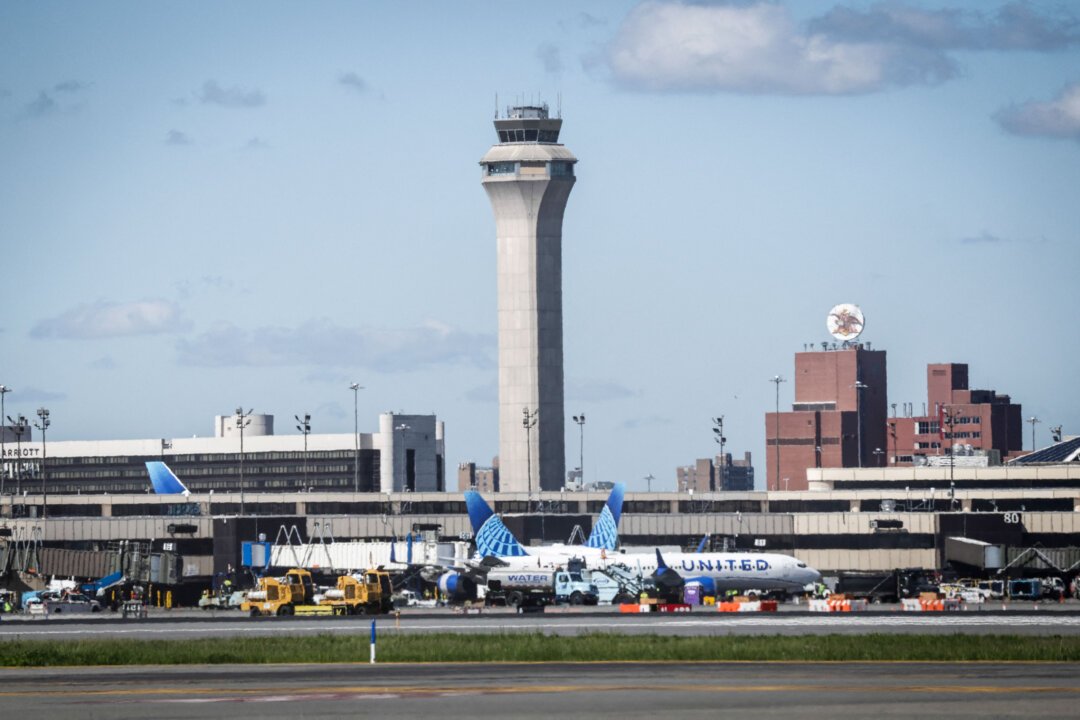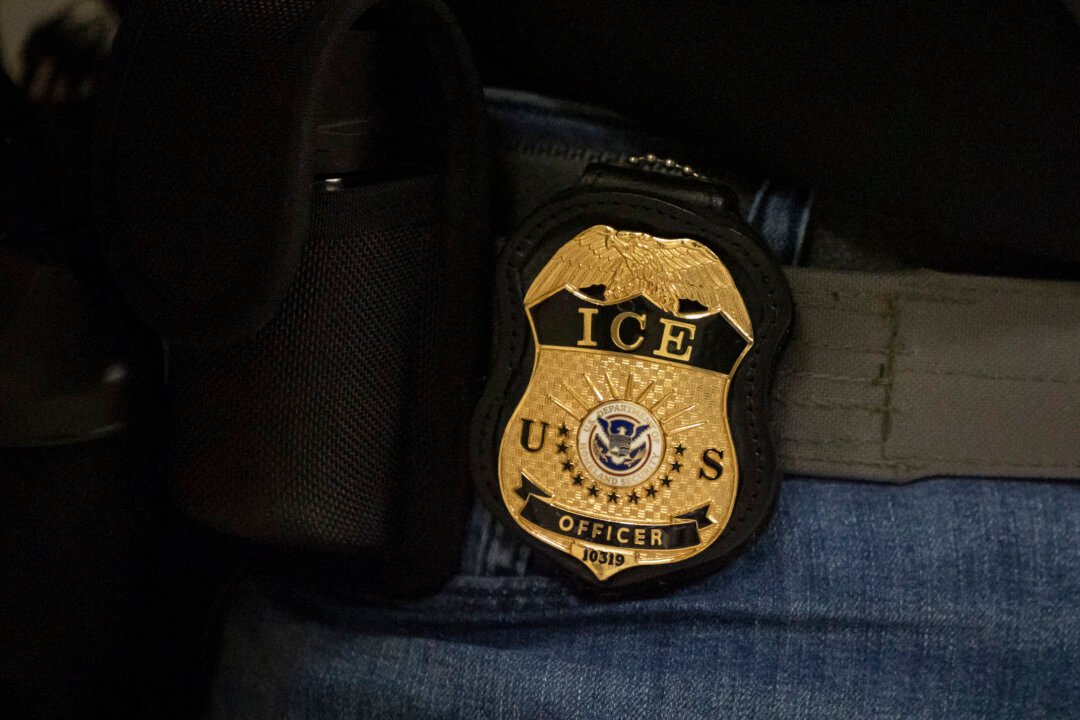
President Donald Trump has reinstated a controversial travel ban, impacting visas from numerous countries. This move, reminiscent of policies enacted during his first term, targets nations deemed to pose terrorism and security threats.
A total of 12 countries face full visa suspensions: Afghanistan, Burma (Myanmar), Chad, Republic of the Congo, Equatorial Guinea, Eritrea, Haiti, Iran, Libya, Somalia, Sudan, and Yemen. These restrictions apply to individuals intending to enter the United States.
Furthermore, a separate list of countries will experience partial restrictions. This list includes Burundi, Cuba, Laos, Sierra Leone, Togo, Turkmenistan, and Venezuela. The specifics of these partial restrictions haven’t been fully detailed yet.
The ban, initially implemented during Trump’s presidency and subsequently lifted by President Biden, is justified on the grounds of national security. The administration cites concerns about individuals who might “intend to commit terrorist attacks, threaten our national security, espouse hateful ideology, or otherwise exploit the immigration laws for malevolent purposes.”
This renewed travel ban is sure to spark significant debate and legal challenges, mirroring the controversy that surrounded its initial implementation. The long-term implications and the potential impact on international relations remain to be seen.

